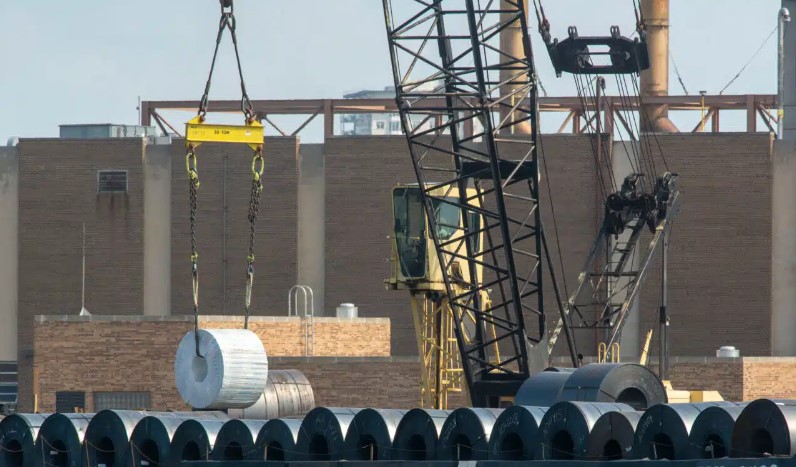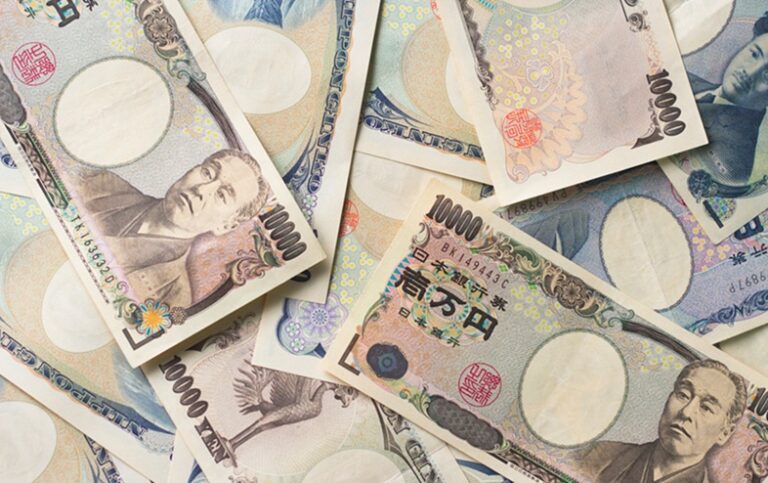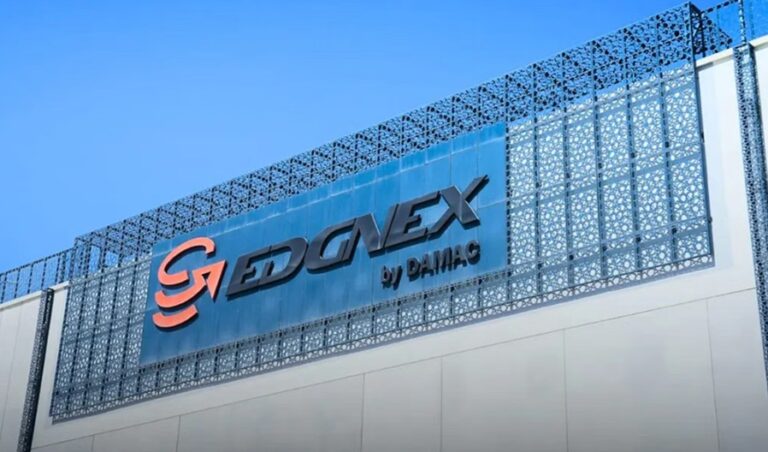In a move that seems to blend economic strategy with a touch of diplomatic balancing, India has unveiled new tariffs ranging from 12% to 30% on steel products imported from China and Vietnam. This is the latest chapter in New Delhi’s efforts to bolster its local steel industry, while quietly fending off the growing influence of foreign imports. With China being the world’s largest steel producer, and Vietnam quickly emerging as a key player, the new tariffs, effective for the next five years, signal a calculated shift in India’s trade policies.
The tension behind this decision isn’t just about steel pipes and tubes. Relations between India and China have been frosty ever since the 2020 military clash along their disputed Himalayan border. While major infrastructure projects involving China have hit the brakes, the messaging from New Delhi isn’t entirely hostile. Indian Foreign Minister Subrahmanyam Jaishankar struck a more nuanced tone recently, saying India isn’t “closed to business from China,” but rather, it’s a matter of picking sectors and setting terms. Yet, the new tariffs paint a different picture – one of growing caution toward Chinese economic influence.
Vietnam, despite its burgeoning trade ties with India, hasn’t been spared. An anti-dumping investigation into Vietnamese steel imports was initiated back in August, and the tariffs suggest India is carefully recalibrating its relationships with not just China, but other regional players as well. The backdrop? A broader geopolitical game of chess, where steel is just one of the many pieces on the board.
Meanwhile, China and Vietnam seem to be hedging their bets. Last month, Chinese President Xi Jinping hosted Vietnam’s new leader, To Lam, in Beijing. The meeting was a symbolic nod to their growing economic ties, despite occasional territorial flare-ups in the South China Sea. As the steel tariff saga unfolds, it’s clear that the ripple effects will stretch far beyond India’s borders – and may very well reshape the dynamics of trade and diplomacy in the region for years to come.
(Source: Times of India | The Economic Times)










